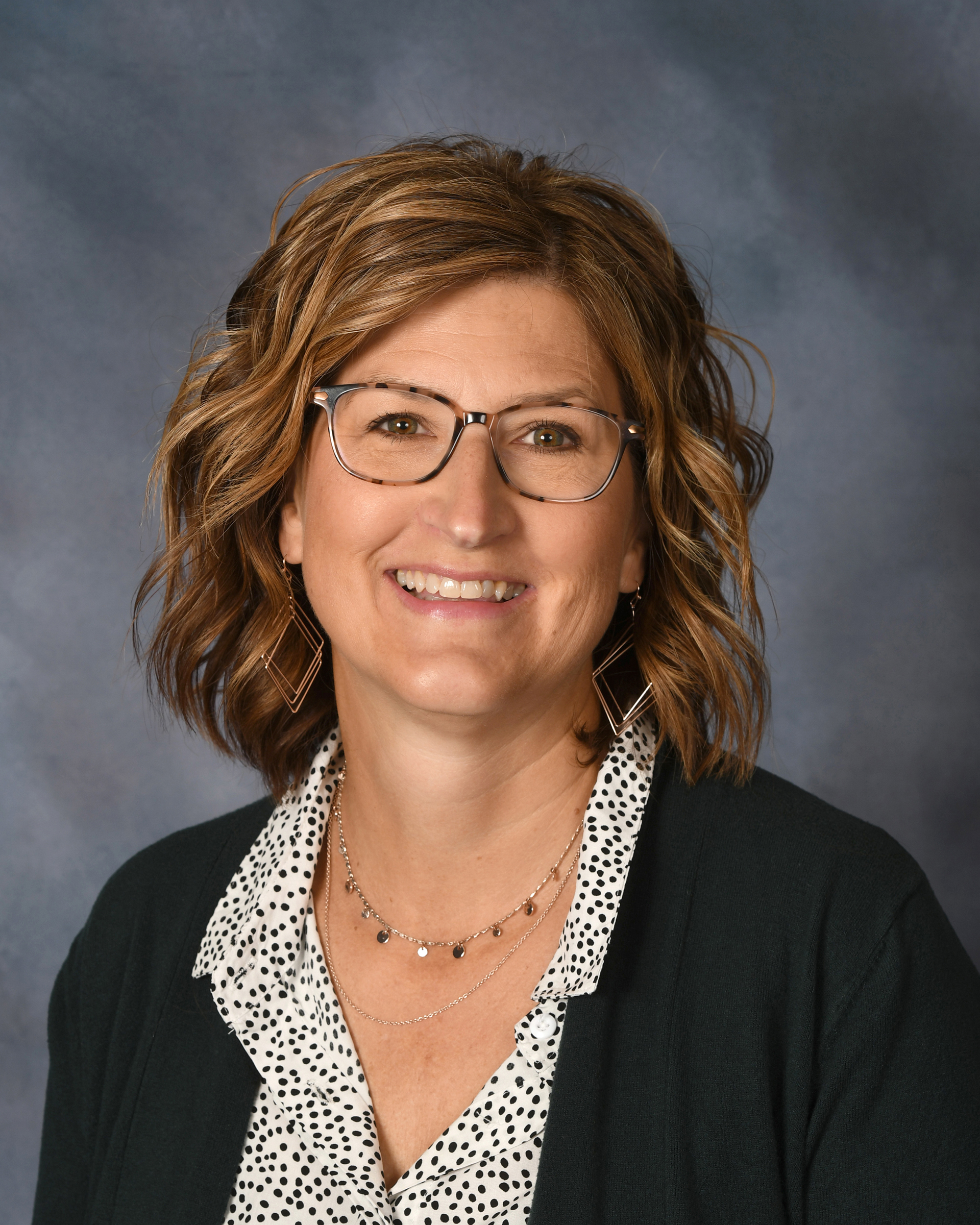Bible
The Old Testament units demonstrate that God did not abandon His people during their exile from the Promised Land, but cared for them during the exile by raising up leaders such as Daniel and Esther. As God prepared His people for their return to Judah, He provided new leaders in Ezra and Nehemiah. God also sent John the Baptist to prepare his people for Jesus’ ministry. Then students connect the Old Testament promises to their New Testament fulfillment. In the lessons about Jesus’ early life and ministry, students recognize that Jesus perfectly fulfilled God’s Old Testament promises by carrying out His Father’s work as He ministered to people. Students also will reflect on Jesus’ statements about His death and resurrection. Throughout this curriculum, students are challenged to think of ways that God is preparing them for work in His kingdom.
Language Arts
We start to think more deeply about our reading and writing to continue to develop a love for both. Our learning includes reading, writing, spelling, speaking, and vocabulary development. In reading, we learn habits of good readers while reading a whole class novel and modeling skills in our independent reading. We also read historical fiction, realistic fiction and fairy tales. We explore various text features as we practice reading nonfiction text. In writing, we focus on writing organized paragraphs as well as researching to present informational writing. Common core grammar concepts focus on prepositions, conjunctions, use of commas as well as verb tenses.
Math
The Math Expressions curriculum develops the understanding of math concepts in various ways. Using common core standards, we study fraction comparisons, mixed number operations, decimal comparisons and operations, order or operations, geometry, measurement, and data analysis. We marvel at the order, patterns, and creativity of our Great God that is so evident in the development of math processes!
Science
Students learn first foremost that Science is “God’s subject!” In 5th grade science, we learn about the wonderful creation of our Lord and our creator. We do that through three units of Mixtures and Solutions, Earth and Sun, and Living Systems. The goal in all these units is to understand how God’s world functions and works together perfectly.
Social Studies
Using the TCI Social Studies Alive! curriculum, we are studying America’s Past. We start by reviewing the geography of the United States. Students learn about the American Indians, their culture, and how they adapted to their environment. They are first introduced to why Europeans came to the New World, follow their routes of exploration, and study the challenges of the first settlements. They learn about the impact of slavery in America, the life of the colonists as they fight for independence, and the importance of the written documents signed by the founding fathers. Students then study the expansion of the U.S. and the many people involved in it. We end with the study of the factors that led to the Civil War. In each lesson, we strive to understand what God wants to teach us from history and how we can become better citizens of His world.
Art
The purpose is to joyfully express individuality, foster critical thinking, and build confidence through the application of fine art media. Fifth graders are familiar with the elements of art as tools and are independently exploring how to use them to effectively communicate their ideas. We create, slide, flip, and turn repeating patterns. We brainstorm, research, and make preliminary sketches of artwork. Linear perspective and spatial relationships are emphasized and we will create a sculpture in the round. Art is cross-curricular as we investigate the influences of historical events, westward expansion and the art of indigenous people. We collaborate with music, exploring the design qualities of a musical instrument and apply them to an artwork.
Music
In Fifth Grade Band, students learn the fundamentals of tone production, technique, and ensemble performance while developing music literacy skills working in the Tradition of Excellence band method. One class per week is devoted to deeper understanding of music theory and developing vocal skills, including sight-reading.
Physical Education
Students start participating in full game-related units in PE. We play many of the traditional “varsity sports” but also include invasion games (capture the flag, ultimate frisbee, team handball, speedball), and net and wall games (pickleball, badminton, table tennis, eclipse ball). Many of these games overlap in strategies and the types of rules associated in gameplay. We also take quizzes to test their knowledge on certain rules or strategies in addition to them being assessed in their physical skill and sportsmanship. By performing in a variety of sports and games, we hope to create an enjoyment for movement and skills that will make our students competent to be life-long physically active individuals.
Spanish
We start with several common classroom phrases. We also talk about why it is important to learn a second language. We research reasons like it helps with understanding of your first language, it can expand your life by making traveling easier, it opens your eyes to different cultures, and it helps boost creativity. We then move on to learning about subject pronouns to expand our basic conversation skills. Next we work on a research project about a Spanish-speaking country. We learn the difference of currency, climate, common phrases, culture, food, etc. We also learn how to conjugate our first verb “ser” which means “to be.” We use “ser” to discuss the origin and professions of people. We also learn that the Spanish language assigns gender to nouns (person, place, thing). These nouns match in gender (masculine & feminine) and number (singular and plural). We finish the year discussing our likes and dislikes and creating a children’s book in Spanish.


